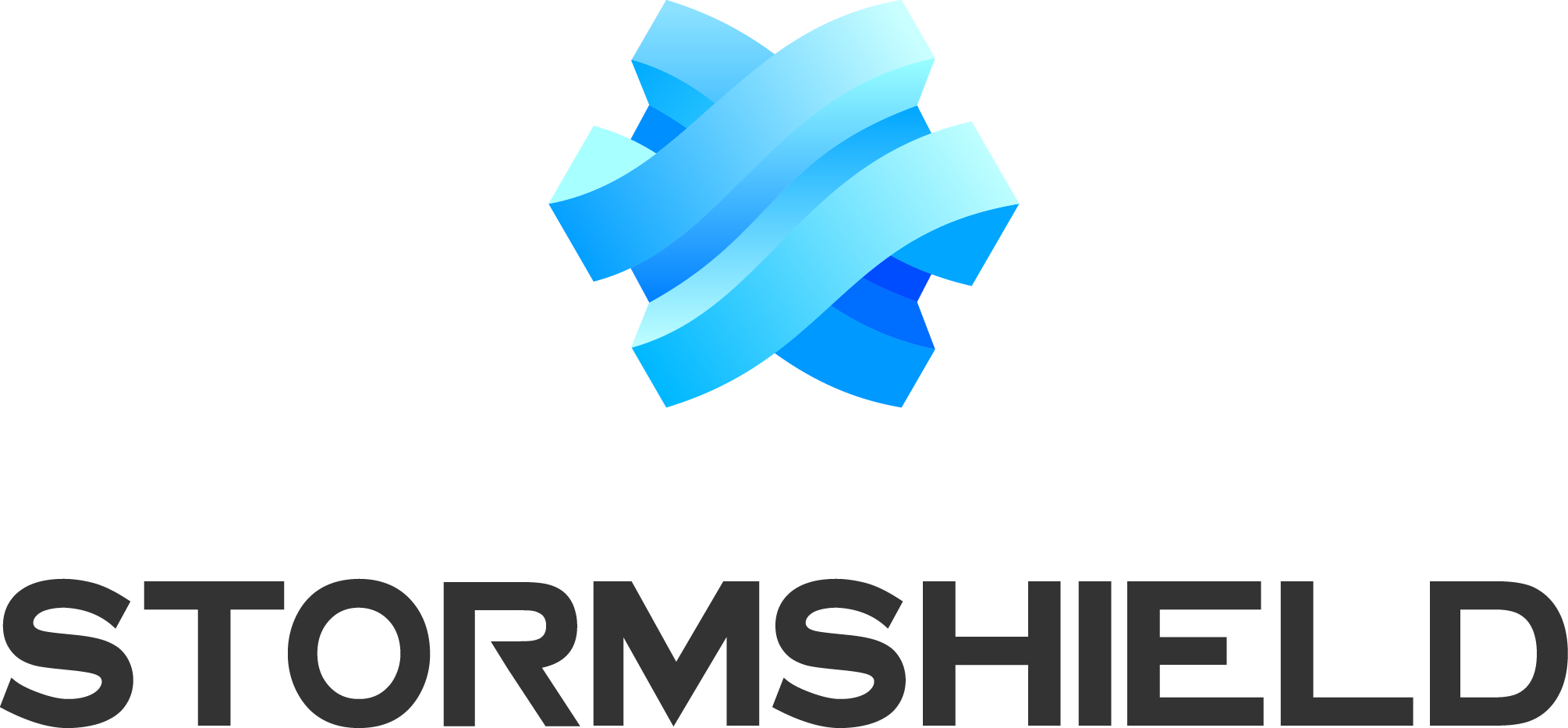Atelier ASF : "Aux frontières du système"
13:30-14:15 Renata Cruz Teixeira (Inria)
Home Network Performance Diagnosis
With the availability of cheap broadband connectivity, Internet access from the home has become a ubiquity. Modern households host a multitude of networked devices, ranging from personal devices such as laptops and smartphones to printers and media centers. These devices connect among themselves and to the Internet via a local-area network — a home network — that has become an important part of the “Internet experience”. Our long-term goal is to assist users with concrete indicators of the causes of potential problems and ideally ways to fix them. In this talk, I’ll present our research in home network diagnosis.
Renata Teixeira received the Ph.D. degree in computer science from the University of California, San Diego, in 2005. During her Ph.D. studies, she worked on Internet routing at the AT&T Research. She was a researcher with the Centre National de la Recherche Scientifique (CNRS) at LIP6, UPMC Sorbonne Universites, Paris, France from 2006 to 2013. She joined Inria Paris-Rocquencourt as senior researcher in October 2013. She was a visiting scholar at UC Berkeyley/ICSI in 2011. Her research interests are in measurement, analysis, and management of data networks. She has authored more than 60 papers in this area. Renata is vice-chair of ACM SIGCOMM. She is a member of the steering committee of the ACM Internet Measurement Conference and has been active in the program committees of ACM SIGCOMM, ACM IMC, ACM CoNEXT, PAM, IEEE INFOCOM, among others.
14:15-15:00 Luc Bouganim (Inria)
Gestion de données embarquées dans des calculateurs sécurisés, une solution pour la protection des données personnelles ?
Nos données personnelles sont aspirées en permanence par les GAFAM (Google, Amazon, Facebook, Apple, Microsoft) et piratées de plus en plus fréquemment sur des serveurs commerciaux et/ou administratifs. Face à ce constat, nous prônons une approche totalement décentralisée pour la gestion des données personnelles permettant à la fois une certaine indépendance face aux GAFAM, un plus grand potentiel applicatif et une possibilité de sécurisation de ces dernières, dès lors qu'on peut s'aider de dispositifs sécurisés. Cet exposé présentera ce contexte et se focalisera sur les aspects techniques de la gestion de données embarquées sécurisée, notamment en discutant de méthodes de stockage et d'indexation sur des calculateurs contraints, de mémoire Flash et d'hyperviseurs...
Luc Bouganim is a Director of Research at INRIA Rocquencourt. He obtained a PhD and the Habilitation à Diriger des Recherches, both from the University of Versailles in 1996 and 2006, respectively. He worked as an assistant professor from 1997 to 2002 when he joined INRIA. Luc co-authored more than 70 conference and journal papers, an international patent and was the recipient of 4 international awards. Since 2000, Luc is strongly engaged in research activities on ubiquitous data management and data confidentiality. He is currently the vice-head of the SMIS (Secured and Mobile Information Systems) research team.
15:00-15:30 Pause café
15:30-16:15 Stéphane Ducasse (Inria)
Pharo: Challenges of a Reflective Platform
In this talk we will present briefly Pharo, an immersive reflective platform and programming language Pharo and focus on
-
the problems we encounter daily (how to update core libraries while they are used to execute the updater itself, how can we get VM execution benefit from hot state right at system startup and without warming up, how can we isolate reflective parts of the system, what are the code representations we need to make happy the VMs and IDE)
-
the infrastructure that we would like to have: since we are able to bootstrap the core of the system under 80 k, we can start thinking about multiple versions of the system coexisting, the question of the memory model is then important. Another question is how can we build a system where users can decide when they want to move code from one version to the other ones. Similarly, we would like to resume work on PharoNoOS and work on Zen hypervisor to gain benefit of hot hotspot and fast boot time.
Stéphane is directeur de recherche at Inria. He has more than 16 years of experience in software maintenance. He leads the RMoD team. He is expert in two domains: object-oriented language design and reengineering. He worked on traits, composable groups of methods. Traits have been introduced in Pharo, Perl, PHP and under a variant into Scala, Fortress of SUN Microsystems. He is also expert on software quality, program understanding, program visualizations, reengineering and metamodeling. He is one of the developer of Moose, an open-source software analysis platform. He created Synectique a company building dedicated tools for advanced software analysis. He is one of the visionary core developers behind Pharo a new exciting reflective and immersive dynamically-typed language. According to google, his h-index is 47 for about 10 K citations. He is writing some new books around Pharo.
16:15-17:00 Kevin Marquet (INSA Lyon)
Implémentation d'un OS sur Raspberry Pi en 2e année de cycle ingénieur
Enseigner les systèmes d'exploitation est toujours problématique, même dans le cas où l'on est convaincu qu'il faut le faire. Soit on reste à un haut degré d'abstraction mais la compréhension des mécanismes internes est superficielle, soit on se heurte à une grande complexité de mise en place des travaux pratiques. Je présenterai comment nous avons répondu à cette problématique en faisant implémenter, sur Raspberry Pi, un OS comprenant ordonnanceur, appels système, gestionnaire de mémoire virtuelle, mutex... J'expliquerai comment nous avons choisi d'évaluer les étudiants et donnerai quelques retours de leur part ainsi que des enseignants impliqués dans le projet.
Kevin Marquet est maître de conférences au département informatique de l'INSA de Lyon. Il est chercheur au laboratoire CITI et membre de l'équipe INRIA Socrate. Ses centres d'intérêt se situent autour de la gestion de la mémoire, notamment dans un contexte embarqué.







